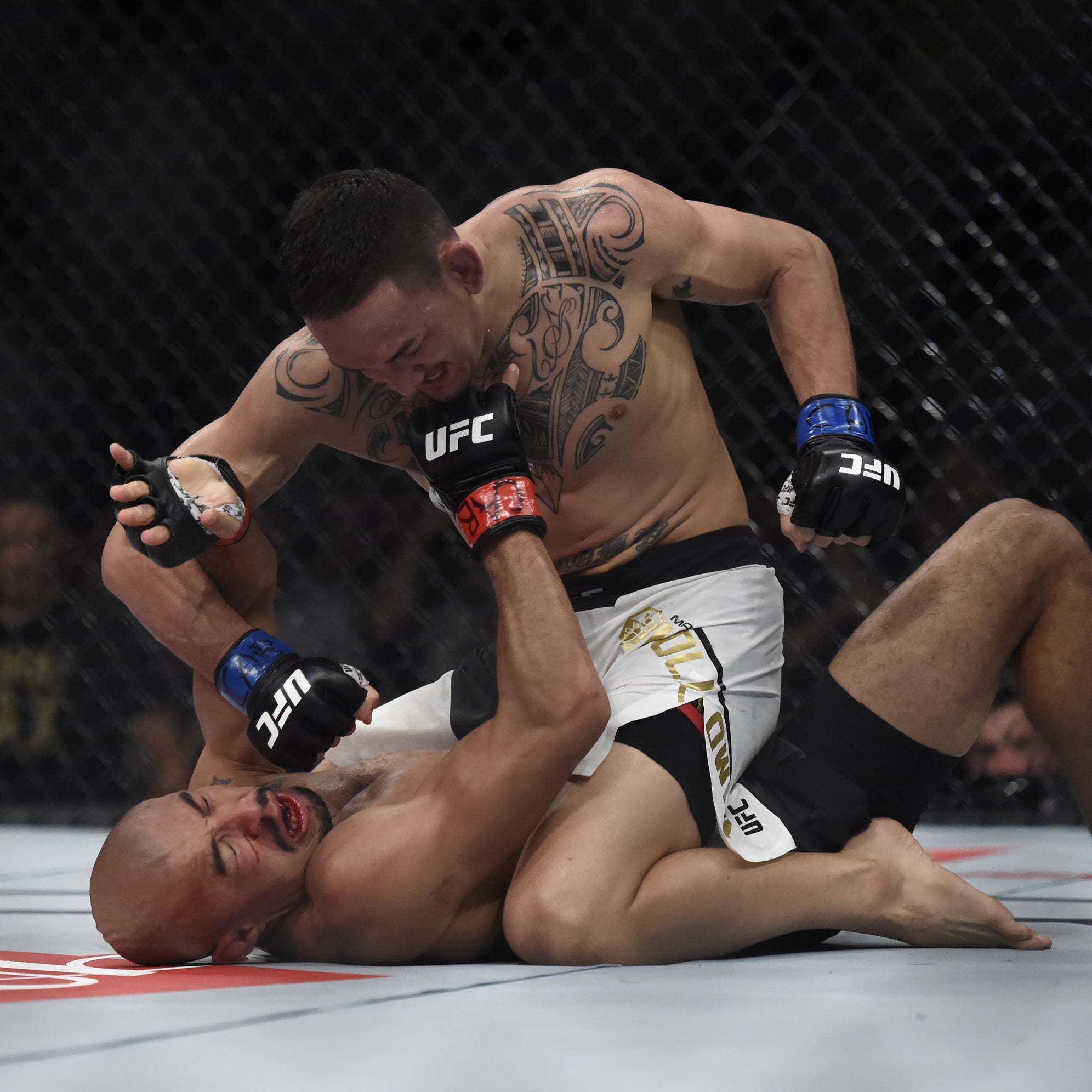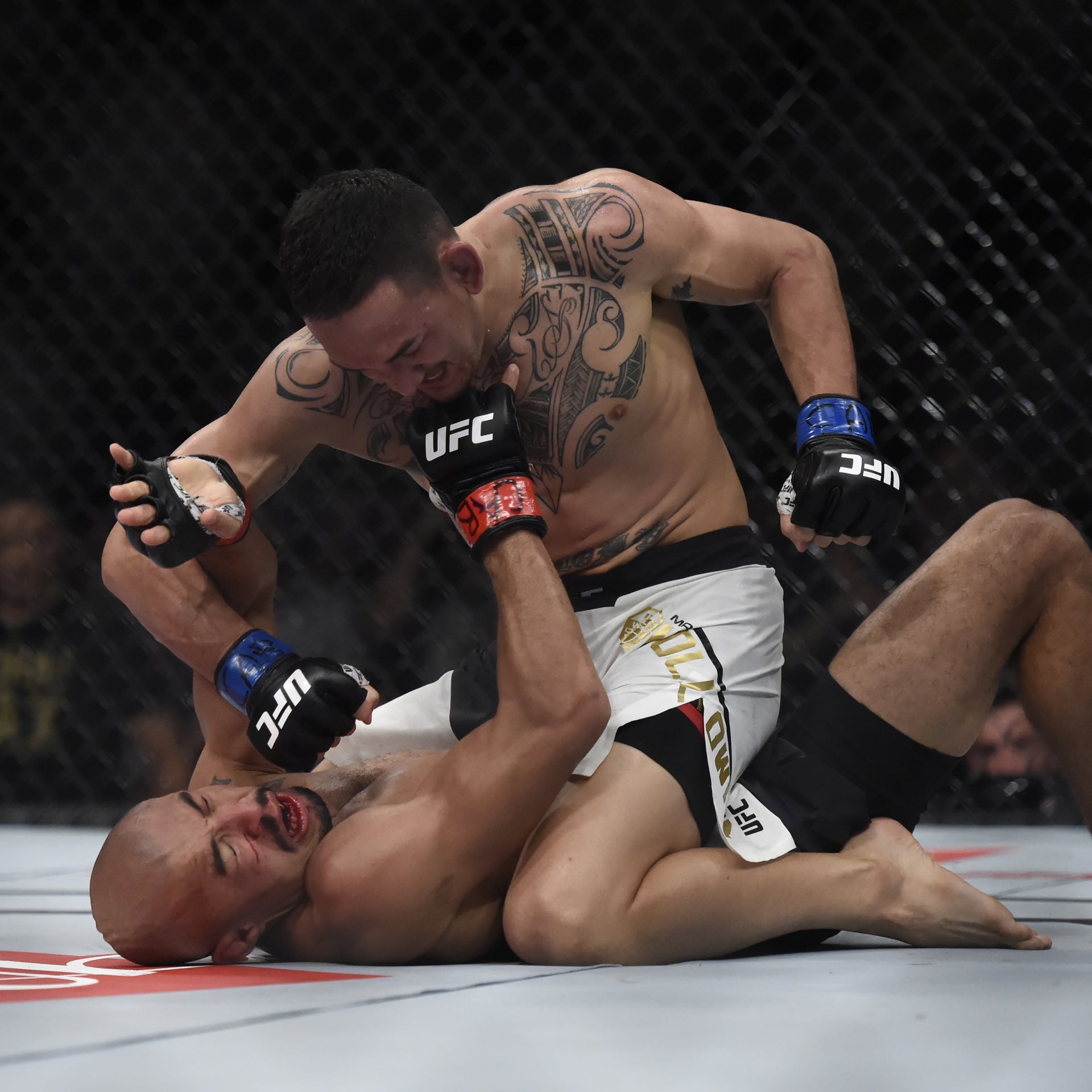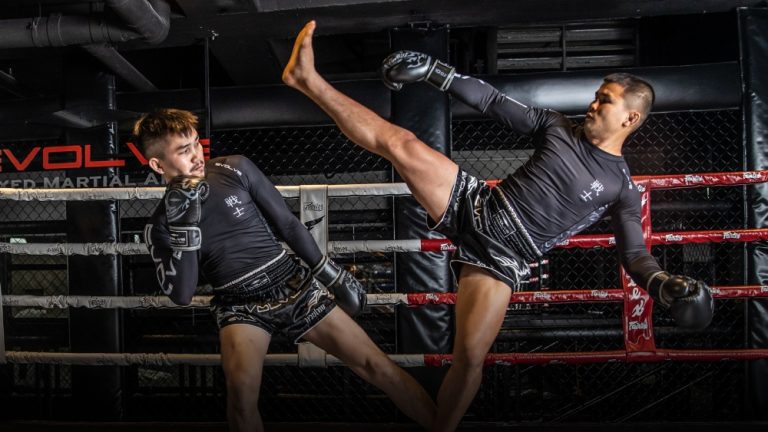If you’ve ever followed MMA closely, you’ve probably wondered: how often do UFC fighters actually train? These athletes are some of the toughest in the world, and their daily routines give us a glimpse into just how much work goes into stepping inside the octagon.
The truth is, UFC fighters train a lot—usually multiple times a day, six days a week. That level of commitment is what keeps them sharp and ready for the split-second moments that can decide a fight. In this article, we’ll break down what a typical UFC training schedule looks like, what factors shape it, and what everyday people can take away from their approach to fitness and discipline.
The Training Schedule of a UFC Fighter
Daily Training Routine
Most UFC fighters adhere to a rigorous daily training routine that consists of various components:
Striking Practice: Fighters spend a significant amount of time honing their striking skills, which includes boxing, kickboxing, and Muay Thai. This training typically involves shadow boxing, bag work, and sparring sessions.
Grappling and Wrestling: Grappling is a critical aspect of MMA, and fighters dedicate time to Brazilian Jiu-Jitsu, wrestling, and other grappling arts. This training helps them develop the skills needed to take their opponents to the ground or defend against takedowns.
Conditioning: Physical conditioning is vital for maintaining stamina and strength during fights. Fighters engage in various conditioning exercises, including running, cycling, and strength training.
Recovery and Rest: Recovery is just as important as training. Fighters often include rest days in their schedule to allow their bodies to heal and adapt to the stress of training.
Nutrition: While not a training component in the traditional sense, nutrition plays a crucial role in a fighter’s performance. Many fighters work with nutritionists to ensure they are eating the right foods to fuel their training and maintain their weight class.
Weekly Training Overview
On average, a UFC fighter’s training week might look something like this:
- Monday: Morning striking session, afternoon grappling, evening conditioning.
- Tuesday: Morning wrestling practice, afternoon strength training, evening sparring.
- Wednesday: Morning striking drills, afternoon cardio, evening recovery (e.g., yoga or stretching).
- Thursday: Morning grappling, afternoon strength training, evening sparring.
- Friday: Morning striking session, afternoon conditioning, evening strategy and tactics meeting.
- Saturday: Morning sparring, afternoon recovery.
- Sunday: Rest and recovery.
This schedule can fluctuate based on fight camps, where the intensity and frequency of training may increase as a fighter prepares for an upcoming bout.

Factors Influencing Training Frequency
Fight Camp vs. Off-Camp
The frequency and intensity of training can vary significantly between fight camps and off-camp periods. During a fight camp, which typically lasts six to eight weeks leading up to a fight, fighters ramp up their training to peak performance levels. This means more sessions, increased intensity, and a sharper focus on skills and conditioning.
In contrast, during off-camp periods, fighters may reduce their training frequency and intensity. This time allows them to recover physically and mentally, recharge their motivation, and work on specific skills without the pressure of an impending fight.
Individual Fighter Needs
Every fighter is unique, and their training schedules can be tailored to their individual needs. Factors such as age, experience level, weight class, and injury history can all influence how often a fighter trains. For example, younger fighters may train more frequently to build their skills, while older fighters might focus more on recovery and injury prevention.
Coaching Philosophy
The coaching staff also plays a significant role in determining a fighter’s training schedule. Some coaches may emphasize more sparring and live drilling, while others may focus on technical skills and conditioning. The relationship between a fighter and their coach can greatly impact how often they train and the methods used during training.
The Mental Aspect of Training
Training isn’t just about physical preparation; the mental aspect is equally important. UFC fighters often engage in mental conditioning to enhance focus, resilience, and strategy. Techniques such as visualization, meditation, and mindfulness can help fighters prepare for the psychological demands of competition.
Mental Training Techniques
Visualization: Many fighters use visualization techniques to mentally rehearse their fights. This practice helps them anticipate various scenarios and develop strategies to overcome challenges.
Mindfulness: Practicing mindfulness can improve a fighter’s focus and reduce anxiety. Techniques such as breathing exercises and meditation can help fighters stay calm under pressure.
Goal Setting: Setting short-term and long-term goals can motivate fighters to stay disciplined in their training. These goals can range from improving specific skills to achieving weight targets.
Mental Resilience: Fighters often face setbacks, whether from injuries or losses. Developing mental resilience helps them bounce back and continue training with determination.
The Importance of Recovery
Recovery is an integral part of any training regimen, especially for UFC fighters. Training at such high intensities can lead to physical and mental fatigue, making recovery essential for optimal performance.
Recovery Techniques
Active Recovery: Engaging in low-intensity activities like walking or swimming can promote blood flow and aid recovery.
Massage Therapy: Many fighters incorporate regular massages to relieve muscle tension and improve flexibility.
Cryotherapy: Some fighters use cryotherapy to reduce inflammation and speed up recovery times.
Sleep: Quality sleep is crucial for recovery. Fighters often prioritize sleep to ensure their bodies can repair and rejuvenate.
Hydration and Nutrition: Staying hydrated and maintaining a balanced diet are vital for recovery. Fighters often work with nutritionists to optimize their diets for recovery and performance.

Common Misconceptions About UFC Training
Misconception 1: Fighters Train Nonstop
One common misconception is that UFC fighters train nonstop without breaks. While they do have intense training schedules, recovery is a critical component of their regimen. Fighters understand the importance of rest in preventing injuries and maintaining performance levels.
Misconception 2: All Fighters Train the Same Way
Another misconception is that all UFC fighters follow the same training routine. In reality, each fighter’s training program is tailored to their individual needs, strengths, and weaknesses. This customization allows fighters to maximize their potential.
Misconception 3: Training is Only Physical
Many people believe that training is solely a physical endeavor. However, as discussed earlier, mental preparation is just as important. Fighters must develop mental toughness and focus to succeed in the octagon.
Actionable Tips for Aspiring Fighters
If you’re inspired by the training regimens of UFC fighters and want to incorporate some of their practices into your own routine, here are some actionable tips:
Establish a Routine: Create a consistent training schedule that includes various aspects of fitness, such as strength training, cardio, and skill development.
Focus on Technique: Prioritize mastering the fundamentals of your chosen martial art. Quality training is more important than quantity.
Incorporate Recovery: Schedule regular rest days and recovery sessions to allow your body to heal and adapt to training stress.
Set Goals: Establish clear, achievable goals for your training. This can help keep you motivated and focused on improvement.
Seek Guidance: Consider working with experienced coaches or trainers who can provide valuable insights and help you refine your skills.
Stay Mentally Strong: Practice mental conditioning techniques to enhance your focus and resilience.
Listen to Your Body: Pay attention to how your body feels during training. If you’re fatigued or experiencing pain, it may be time to scale back or seek professional advice.

Frequently Asked Questions About UFC Training
How many hours a day do UFC fighters train?
UFC fighters typically train between 4 to 6 hours a day, divided into multiple sessions. This can include striking, grappling, conditioning, and recovery activities.
Do fighters train every day?
Most fighters train six days a week, with one rest day to allow for recovery. However, during fight camps, they may train even more frequently.
What is the typical duration of a fight camp?
A fight camp usually lasts between 6 to 8 weeks, leading up to a scheduled fight. During this time, training intensity and frequency increase significantly.
How do fighters balance training and recovery?
Fighters often schedule rest days and recovery sessions to prevent burnout and injuries. Techniques like massage, cryotherapy, and proper nutrition play a crucial role in their recovery.
Can I train like a UFC fighter?
Yes, you can adopt aspects of a UFC fighter’s training regimen by establishing a consistent routine, focusing on technique, and incorporating strength and conditioning workouts. However, it’s essential to listen to your body and adjust your training based on your fitness level.
Conclusion
Understanding how often UFC fighters train provides valuable insights into the dedication and effort required to compete at the highest level of mixed martial arts. Their rigorous training schedules, mental conditioning, and emphasis on recovery are all crucial components of their success.
As you embark on your own fitness journey, consider incorporating some of these principles into your routine. Establish a consistent training schedule, prioritize technique, and remember the importance of recovery. With dedication and discipline, you can achieve your fitness goals and perhaps even channel your inner fighter.
If you found this article helpful, I encourage you to explore more resources on fitness and training. Feel free to leave a comment or share your thoughts below!
Further reading:


